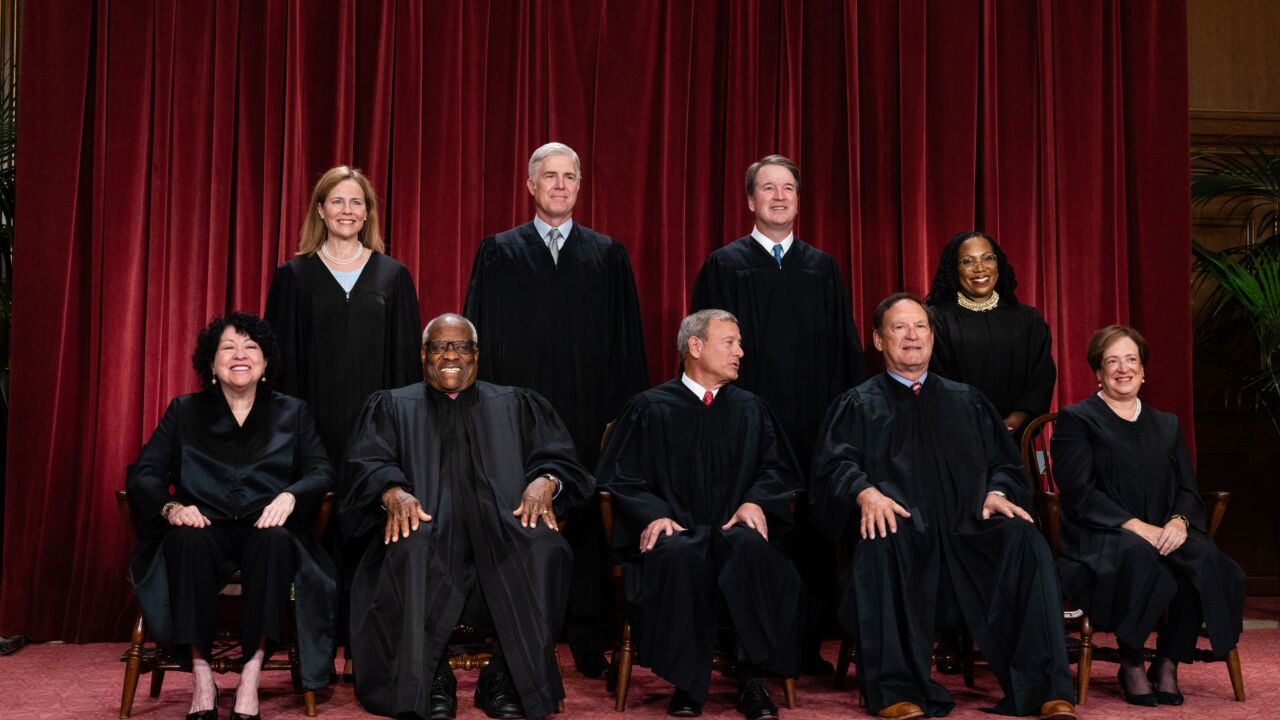As one of the first resellers of VeriFone Holdings Inc.’s PayWare Mobile service, Merchant 360 Inc. says some mobile merchants like that the service includes a card reader that enables them to get card-present transaction rates.
“Everybody loves to save money,” Steve McRae, CEO of the San Francisco-based merchant-services company, tells ISO&Agent Weekly. “That’s the No. 1 reason why merchants even look at this for a solution.”
PayWare Mobile operates on Apple Inc.’s iPhone using software and a card reader. VeriFone says it plans eventually to make similar versions available for other smartphones.
Last week, during the company’s first-quarter earnings conference call with analysts, the San Jose, Calif.-based point-of-sale device maker said 70 ISOs are selling the service, which generates monthly online payment gateway and per-transaction fees.
VeriFone would not release the ISOs’ identities, citing competitive issues.
The reader is free for many merchants if they sign a long-term contract.
VeriFone’s suggested pricing plan is a $15 monthly gateway fee and a one-time $49 sign-up fee for merchants with existing accounts. Merchants also pay VeriFone 17 cents per PayWare Mobile transaction. Resellers, including acquirers, set their own rates, VeriFone says.
McRae chose to resell PayWare because it is getting so much attention, especially as VeriFone advertises the product. However, many of the merchant leads from inquiries to his company are weak, he says.
“The problem is 80% of them don’t qualify for actual merchant accounts,” McRae says. That is usually because the business is a side job for the merchant, such as a catering business that operates intermittently, he says.
Another prospective Merchant 360 merchant, a plumbing business, has four plumbers that each have iPhones. But if each only has three to four transactions per month, PayWare may not be the most affordable option, McRae says.
“If they’re doing a couple of [transactions] a day, it absolutely makes sense,” he says.
The publicity surrounding mobile payment terminals, especially a device in development from Square Inc., caught the attention of many merchants, something Reliant Pay, a St. Louis-based ISO, wants to capitalize on, says Tom Mansfield, Reliant Pay president.
He has found, however, that merchants already owning an iPhone are curious about PayWare. Merchants without an iPhone are not as interested.
Denny Kammer, Reliant Pay vice president, expects a BlackBerry version of PayWare Mobile to have a larger impact because more businesspeople have BlackBerry devices.
Some of Reliant Pay’s clients already have been waiting for the Blackberry version, Mansfield says.
Reliant Pay also picked up PayWare Mobile because of the promise it could entice new merchants to sign with the ISO.
“If you get one or two on the iPhone and their merchant accounts, it makes sense,” Kammer says.
There are an estimated 18 million mobile merchants, a pool of potential clients with which Mansfield wants to interact, he says.
Success at selling into the mobile-merchant market requires devising a strong return on investment for the merchant and the ISO, Kammer says. Much depends on the average ticket size, he notes.
“Ticket size will drive the return on investment,” Kammer says. It could be easier to for the ISO to make money if the merchant’s average ticket price is substantial and there are frequent transactions, he says.
Reaching a desirable return on investment can be tough to justify for an occasional merchant, Mansfield says. Still, he sees potential in the mobile terminals. “As far as how much, that’s to be determined,” Mansfield says.





